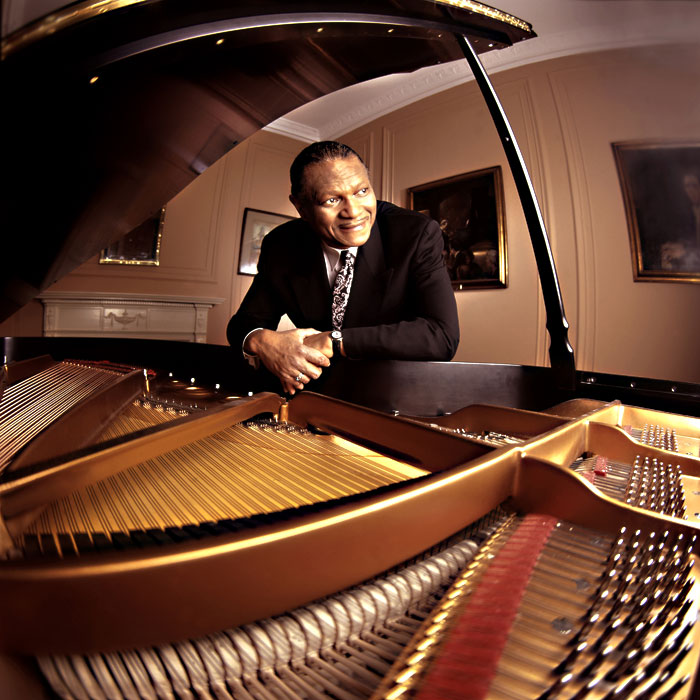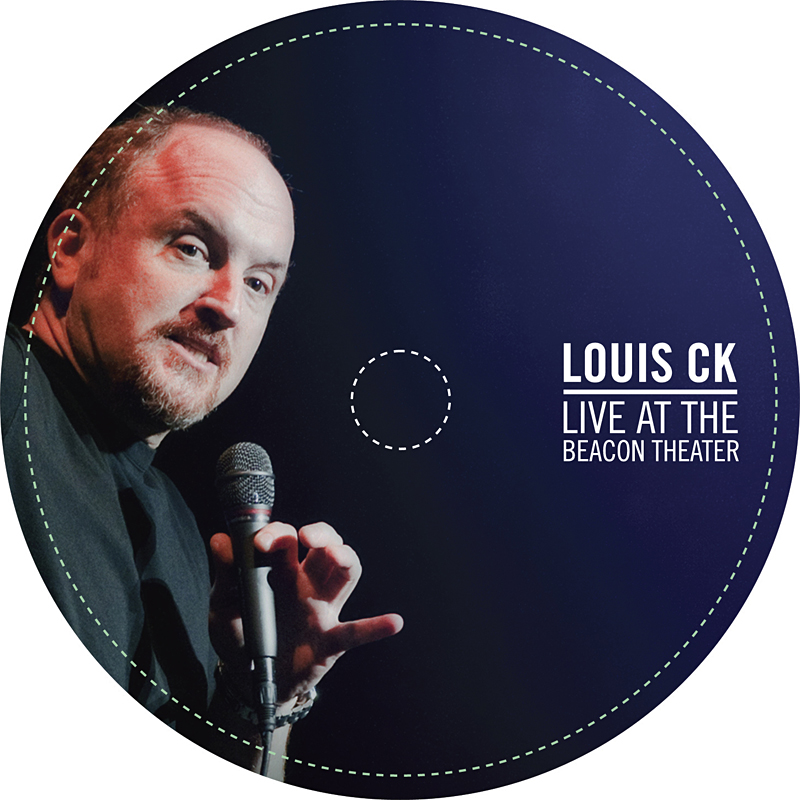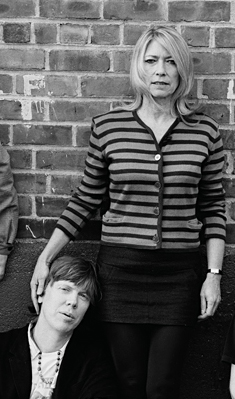The great pianist McCoy Tyner helped give the world some of its most significant jazz recordings, all before his 30th birthday. Hired as a member of John Coltrane’s classic quartet at 21, Tyner would spend the next several years with Coltrane, helping him usher jazz to enlightenment. Coltrane and his quartet did so, ultimately, with A Love Supreme, a four-part progression that conveys the emotional complexity of spiritual awakening through meditation. A Love Supreme‘s importance cannot be argued. But that was 1964; Coltrane was in his late 30s, and would be dead two and a half years later. In later interviews, Tyner agreed that A Love Supreme was his most significant contribution to jazz. But he was only 26 when it was recorded, and still had a long life to live.
Tyner, who turns 70 next month, has just released an album called Guitars. It’s very much a producer’s record: The legendary John Snyder set Tyner up in the studio with Ron Carter and Jack DeJohnette, and invited a slew of well-known guitarists in to jam on old standards, Coltrane classics, and a few freshly written numbers. The results vary—and sometimes clash—as styles and generations meet, often for the first time. Awkward moments abound, such as Derek Trucks drowning out the rest of the band on “Greensleeves” and Marc Ribot getting typically avant-wonky on a couple of improv tracks. Some moments, though, make a case for these guest-star-mix-and-match type of records, especially Bela Fleck’s raga-ish turn on “Tradewinds” and his Coltrane-esque “out” performance on “My Favorite Things.” But overall, considering Tyner’s a giant figure in jazz, the record makes you wonder: Why did he bother inviting guitarists into the studio? And why go the Willie Nelson route by bringing in younger guest stars when your legendary status is solidly intact? The answer is the same as the reason he didn’t just quit jazz altogether upon A Love Supreme‘s release: Tyner is an explorer, and Guitars is just another excursion in his jazz odyssey.
Tyner was born in 1938 in Philadelphia, where pianist brothers Bud and Richie Powell were his neighbors. He began playing piano at 13, and it was through gigging around Philly that he first met Coltrane. Six months later, Tyner joined drummer Elvin Jones and bassist Jimmy Garrison to become part of Trane’s Classic Quartet. The music these four men created in the studio between 1962 and 1965 was arguably more accessible than what they were doing live (though there are exceptions, such as the swinging, off-the-hook “Out of this World” from Coltrane). They dove into old-fashioned material for albums like the romantic and sultry John Coltrane and Johnny Hartman and the restrained Ballads. These albums are soft, Sunday-morning soundtracks meant to relax your shoulders and lower your blood pressure. But as producer Bob Thiele acknowledged, these records were also meant to lower the blood pressure of the jazz critics who had taken offense to the Quartet’s extreme live performances. Exploration was the name of the game onstage, the finest evidence of this being Live at Birdland (which is rumored to be so fantastic in part because it marked the night John met his future wife, Alice McLeod).
Yet while Tyner was busy making history with Coltrane, he pulled double duty with his own trio. His 1962 album Inception, recorded not long after he had dazzled the world with his solo on Coltrane’s “My Favorite Things,” showed a remarkably light-fingered Tyner taking a lyrical approach to jazz and harkening back to the early bebop work of his days in Philly. He even recorded his own album of ballads, the after-hours affair Nights of Ballads and Blues. By the time he left Coltrane’s Quartet, he had fully developed the heavy-handed percussive style that would be his signature. But despite his association with Coltrane, Tyner struggled to make a name for himself.
Perhaps because of this, his work has been marked by a restlessness to take his particular brand of playing down as many avenues as possible. Some of his records combined hard bop with avant-garde, while others were more straightforward jazz. Joining up with Coltrane’s widow, Alice, for his early-’70s album Extensions must have provided a spark, because Tyner’s subsequent records Sahara and Enlightenment are some of his most definitive. One can only assume that recording alongside the gentle harpist Mrs. Coltrane and the intense saxophonists Gary Bartz and Wayne Shorter showed Tyner a way to combine the traditional jazz structures of his youth with the freedom and abandon of his later work with Coltrane.
Looking at the massive body of work he’s produced since the ’70s is dizzying. There’s the Afro-Cuban tone of 1980’s Horizon, the nonet recording La Leyenda de La Hora, his 1982 pop excursion, Looking Out, with Carlos Santana, Double Trios from 1986, waltzes from 1987’s Bon Voyage, Brazilian-flavored modern jazz on 1997’s Autumn Mood, and the dynamite 1988 big-band recording Uptown/Downtown.
This barely scratches the surface of a body of work that includes solo outings, duets with vibraphonists, quartet and trio recordings, and even a Burt Bacharach cover album. Plenty of artists have multifaceted back catalogs, but Tyner is the rare musician whose latest work isn’t continually compared to his legendary past. The reason his solo career has been so exciting has less to do with Coltrane than with his own curiosity and willingness to take risks. This isn’t to say it’s all been exceptional, but it’s all been noteworthy for one reason or another.
Guitars is no exception, and neither, one can assume, is his tour in support of it. Of all the guitarists accompanying Tyner on the album, Marc Ribot will be the one joining him for the tour. Ribot, most famous as a guitarist for Tom Waits and Elvis Costello, is a man seemingly incapable of playing straight-ahead jazz. If Tyner were a different kind of musician, he would have picked a guitarist more likely to “stay out of the way.” But if his back catalog is any evidence, risk is McCoy Tyner’s best friend. And consistency is highly overrated.
If Coltrane were alive today, he’d tell you the same.








